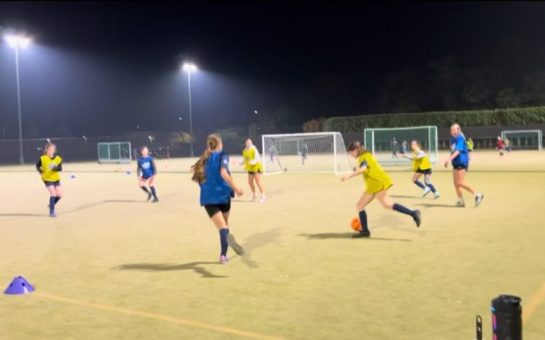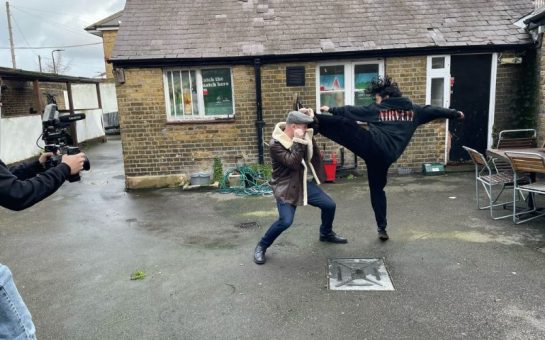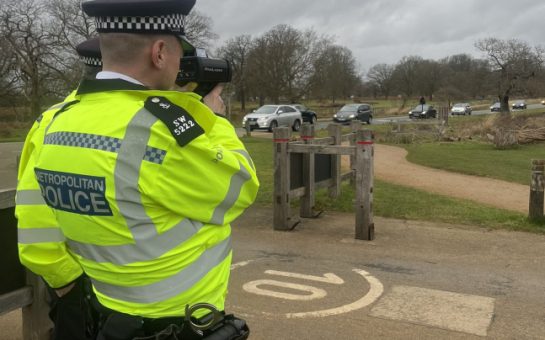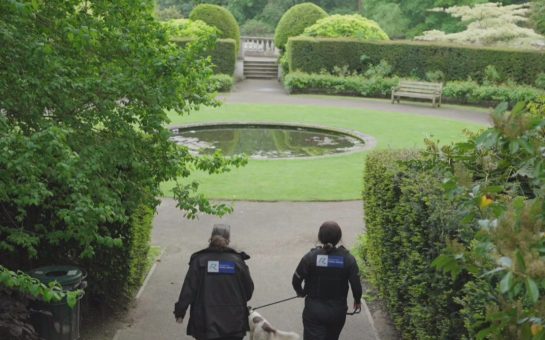A month of residents using south west London parks as substitute gyms and coffee shops has caused environmental damage and financial strain.
Green spaces became hubs for socialising and exercising over lockdown, with popular sites like Richmond Park the busiest they’ve ever been.
Environmentally-detrimental behaviour increased alongside park usage, with some visitors to Ravenscourt Park even tying resistance bands to trees as ‘home gym’ accessories.
Friends of Ravenscourt Park chair Annabelle May said: “Somebody wrote to complain that they’d actually been told off for doing this and said, ‘Why shouldn’t I do it?’
“People just don’t think really.”
Park bins across London also overflowed on lockdown weekends, with visitors ignoring signs to find alternatives if bins were full.
Habitats & Heritage CEO Colin Cooper, 44, said: “The litter increase has been exponential, there’s just no way you can cope.
“It’s not just an issue that’s in one particular borough, it’s everywhere, because people are using parks to socialise.”
Mr Cooper noticed an increase in discarded coffee cups in particular.
He said: “It’s people meeting up with their friends, having a coffee, not staying too long.”
Having to deal with additional rubbish has further strained services financially, with litter collection already one of the most costly items on park budgets.
Mr Cooper explained: “Local authorities are extremely financially stretched at the moment, some are already going bankrupt, and there’s probably more on the way, so people need to take responsibility.
“Parks budgets are still decreasing, but more of the money is spent on dealing with these litter issues, which is then less to spend on improving the park.”
As parks are a non-statutory service, they often ‘lose out’ during budget considerations.
National Park City Foundation co-founder and London Gardens Trust trustee Tim Webb, 55, said: “Parks are woefully underfunded.
“Most of our parks are run on a shoestring and only truly survive thanks to the work of volunteers and fundraisers.”
Mr Webb urged Londoners to learn lessons from their new found love for green spaces by being respectful of them, as well as demanding more funding and the installation of a Parks Minister.
Richmond Park in particular has faced a huge increase in litter since the March lockdown began, with 42 tonnes collected in June and a full-time crew introduced to tackle its 140 bins.
Richmond Park’s assistant park manager Adam Curtis said: “That was a huge challenge to keep on top of, and additional cost to dispose of.”
However, Mr Curtis pointed out attitudes towards litter are increasingly ‘polarised’ with some committed litter-pickers even coming at 4am to beat crowds.
He said: “It’s phenomenal that there have been people doing that during this lockdown, going out really unsociable hours trying to keep the world ticking over.
“They’re the unsung heroes.”
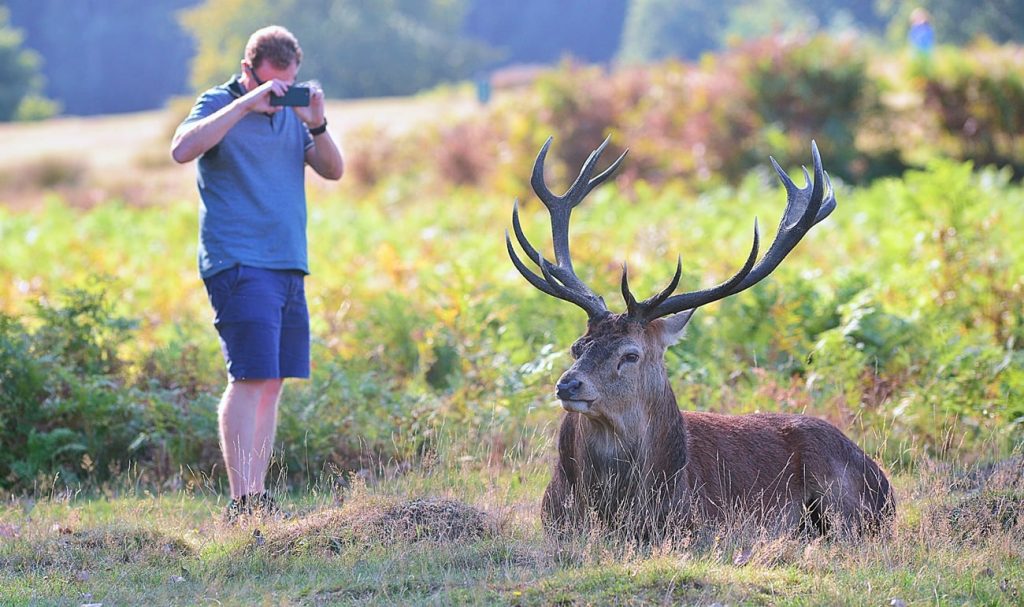
Rising visitors also exacerbated harassment of Richmond Park’s 630 deer, with many flouting official guidance to stay 50m away and not feed them.
Royal Parks Police dispersed 60 to 80 people armed with ‘treats’ surrounding deer on November 15.
Friends of Richmond Park Chairman Ron Crompton, 72, explained: “People aren’t familiar with the deer, with anything else in the park really, and don’t know how to respect it and treat it as a national nature reserve.
“On a busy day if you want to know where the deer are you just look for where the large groups of people are, because somewhere in the middle are the deer.”
More unfamiliar dog owners coming also increased instances of dogs chasing deer, with four deer and one dog killed since March and Richmond Park now encouraging people to report incidents directly to police.
Additionally, feeding the deer is both bad for their health and changes their relationship to humans.
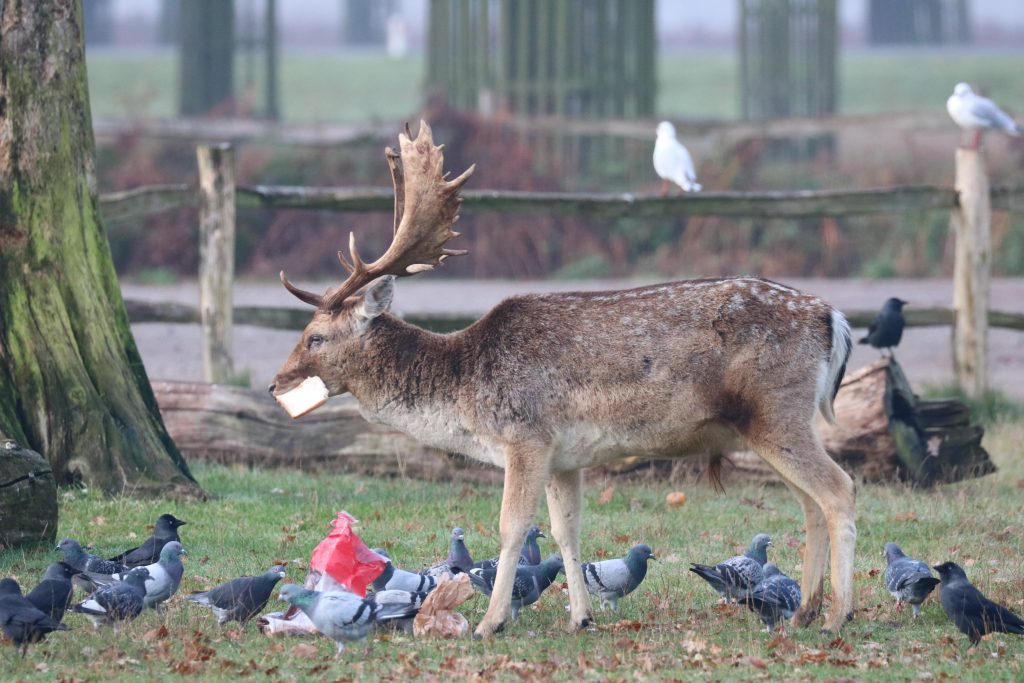
Mr Curtis said: “We really want people to enjoy the experience but enjoy the deer as a component part of the landscape as opposed to having an intimate interaction.
“We’ve got this whole new range of people that want to access the countryside and it’s a bit like when you first join a gym, it’s learning the etiquette – think about what you’re really after.
“If you’re expecting it to be Wetherspoon’s or a gym, then are you actually consuming the countryside when you get here?”
Feeding wildlife was an issue in Ravenscourt Park too as families brought bread for ducks, which risks attracting pests like rats or pigeons and turning water acidic if uneaten.
Other issues faced by parks included compaction, erosion, disturbance to smaller wildlife from den-building, and illegal parking damaging grass.
Featured image credit: GIN
